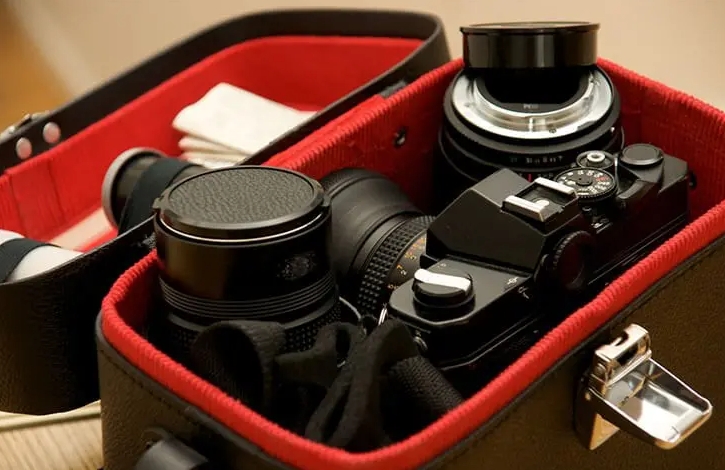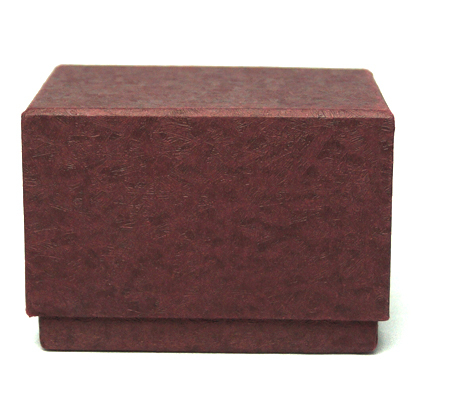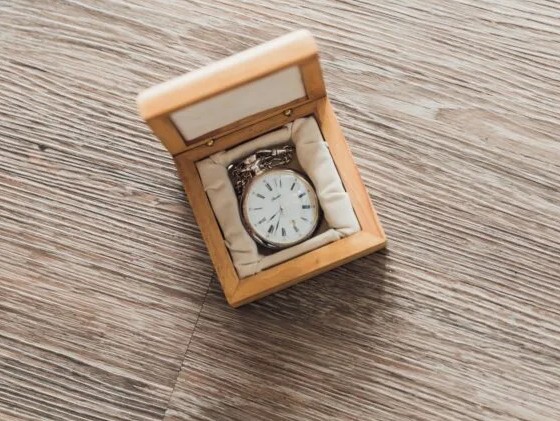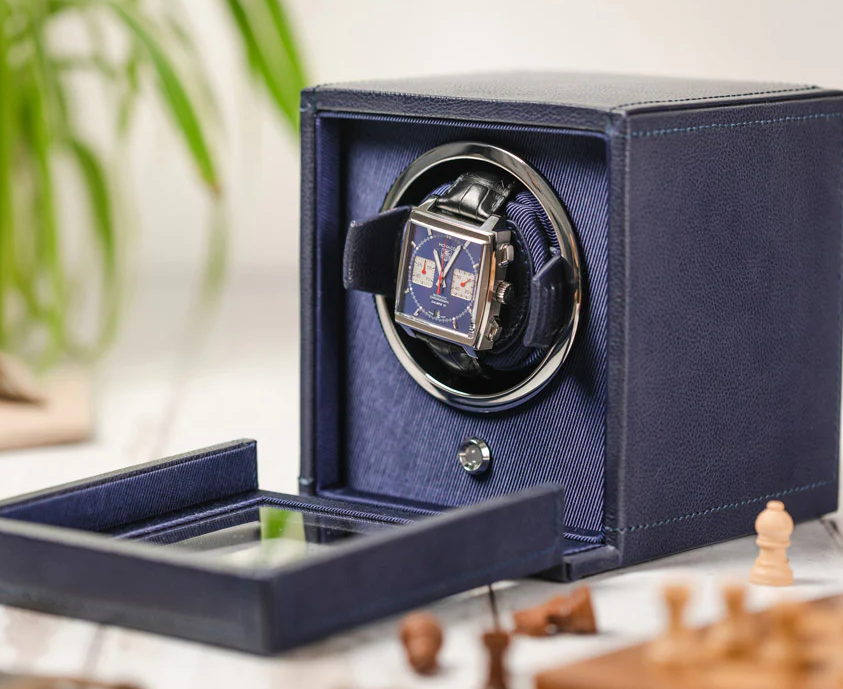To choose a glasses case, consider factors like material, size, functionality, and budget, and buy from a reliable source.
Table of Contents
Factors to Consider
When selecting a glasses case, it’s crucial to consider a variety of factors to ensure your glasses are well-protected and easy to carry. Here’s a breakdown of the key factors:
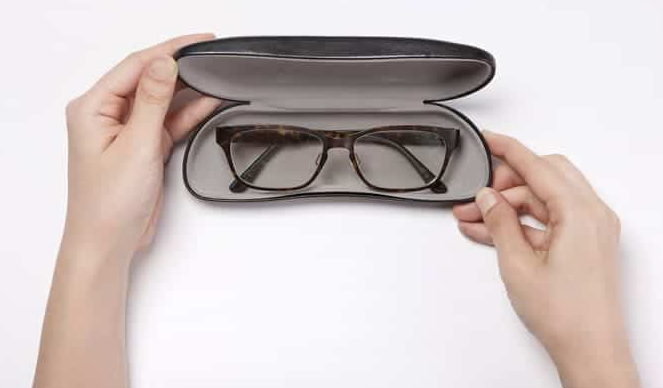
Material
The material of the glasses case significantly affects its durability, functionality, and aesthetics. Common materials include:
- Leather: Offers a stylish look and good durability but may be costly.
- Hard Plastic: Provides excellent protection and is usually more affordable.
- Soft Fabric: Comfortable and lightweight but offers less protection.
Before you make your choice, check the material’s properties against your needs. For example, if you’re active and outdoorsy, a hard plastic case might be ideal for you.
Size and Fit
The size of the glasses case needs to match the size of your glasses. Too small a case can squeeze and damage your glasses, while too large a case may not provide adequate protection. Here are some points to keep in mind:
- Regular Glasses: Usually fit in a standard-sized case.
- Sunglasses: May require a larger case.
- Reading Glasses: Could fit in smaller, more compact cases.
To ensure a good fit, you could measure your glasses and compare those dimensions to the size of the case.
Functionality
Depending on your lifestyle, you’ll need a case that meets your day-to-day requirements. Consider these aspects:
- Ease of Opening: A case with a simple latch or magnet is often easier to use.
- Additional Compartments: Some cases come with pockets for cleaning cloths or even small repair kits.
- Portability: Belt loops or clips can make carrying the case more convenient.
Style and Aesthetic
Your glasses case doesn’t just have to be functional; it can be stylish, too.
- Color: Choose a color that resonates with your personal style.
- Design: Patterns and textures can make a statement.
- Brand: Designer brands offer cases that can be a fashion statement themselves.
If you’re fashion-conscious, you may want to opt for a designer case or a case that aligns with the latest trends.
Durability
Your glasses case will experience wear and tear, especially if you carry it around frequently. Durability depends on:
- Material Quality: Higher-quality materials usually last longer.
- Construction: Check for solid stitching, reliable zippers, and strong latches.
- Usage: Hard cases generally offer better protection but may be bulkier.
If you’re someone who is prone to dropping their case or travels a lot, you’ll need a highly durable case to withstand these conditions.
Different Types of Glasses Cases
Choosing the right type of glasses case is crucial for both the protection of your eyewear and for your convenience. Here are some different types of glasses cases you might consider:
Hard Cases
Hard cases are the sturdiest type, offering the highest level of protection for your glasses. These are ideal if you are frequently in environments where your glasses could be subject to damage.
- Materials: Usually made from hard plastic, metal, or a combination of both.
- Protection Level: Offers the best protection against physical damage.
- Best For: Outdoor activities, heavy-duty usage, and prescription glasses.
The downside is that they are often bulkier and may not fit easily into a pocket or small purse.
Soft Cases
Soft cases are more flexible than hard cases, offering moderate protection against scratches and minor drops.
- Materials: Commonly made from fabrics like neoprene or soft leather.
- Protection Level: Good for scratch resistance but not ideal for high-impact situations.
- Best For: Reading glasses or as a temporary storage solution.
These cases are usually more lightweight and can easily fit into pockets, making them convenient for everyday use.
Pouches
Pouches are the simplest form of glasses cases and offer basic protection.
- Materials: Typically made of soft materials like microfiber or cloth.
- Protection Level: Minimal, mostly against scratches.
- Best For: Sunglasses or for situations where you’ll be storing your glasses in a safer, larger container.
Because they’re soft and pliable, you can easily stash them in smaller compartments or even hang them off a loop on your bag. However, they are not recommended for fragile frames or high-end lenses.
Folding Cases
Folding cases are a compromise between hard and soft cases. They’re generally constructed from a semi-rigid material that can be folded flat when not in use.
- Materials: Often made of a combination of hard and soft materials.
- Protection Level: Moderate, and often customizable to the shape of the glasses.
- Best For: Travel and for those who need a more compact storage solution.
These cases offer a good balance of protection and portability, and they’re particularly useful for people who are often on the go.
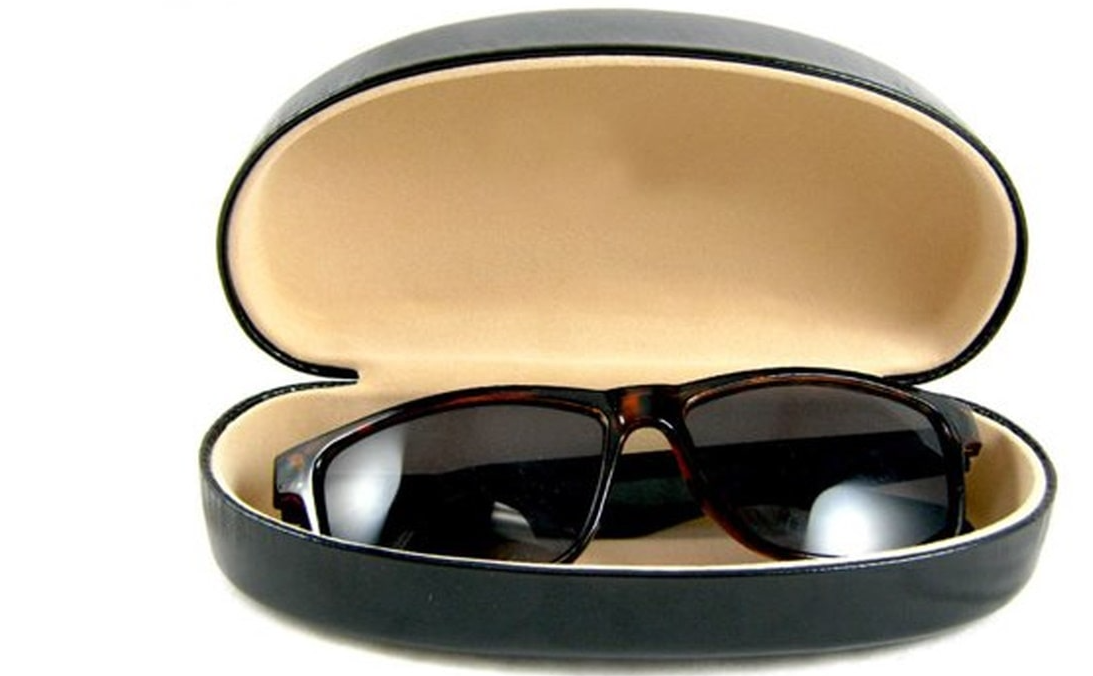
Where to Buy
Knowing where to buy a glasses case can significantly influence the range of options available to you, as well as the quality and price. Here are some popular venues where you can purchase a suitable case for your glasses:
Optician Stores
Buying a glasses case from an optician store provides several advantages, one of which is the chance to get professional advice on fit and material.
- Selection: Limited but usually high-quality cases.
- Expert Advice: Staff can help match a case to your specific type of glasses, be it prescription, sunglasses, or reading glasses.
- Convenience: You can buy a case at the same time as your glasses.
However, optician stores might have higher prices compared to other options.
Online Retailers
Shopping online offers a vast range of options, often at competitive prices.
- Selection: Extensive range, from designer to budget-friendly.
- Convenience: Shop from home and have it delivered to your doorstep.
- Reviews: Take advantage of customer reviews and ratings to inform your purchase.
Do keep in mind the risk of receiving a product that doesn’t match the online description or the potential difficulty of returning an unsatisfactory product.
Specialty Shops
- Selection: Unique and specialized cases you might not find elsewhere.
- Quality: Often higher-end and more durable options.
- Personal Service: Staff usually have deep knowledge of their niche products.
Budget and Pricing
When it comes to buying a glasses case, your budget plays a significant role in determining the kind of product you’ll end up with. Here’s a breakdown of different pricing options and what you can expect within each category:
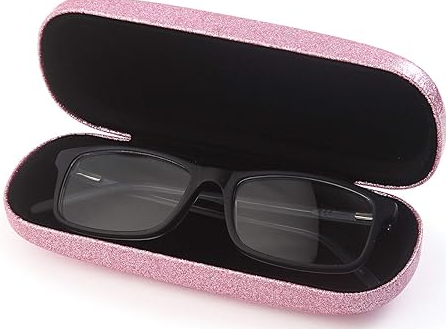
Affordable Options
If you’re on a budget, affordable glasses cases can offer decent protection without breaking the bank.
- Material: Often made from hard plastic or soft fabric.
- Range: Prices typically range from $1 to $10.
- Best For: These are ideal for temporary use or for glasses that aren’t too expensive, such as reading glasses.
Remember, cheaper doesn’t always mean worse, but you might compromise on durability and style.
Mid-Range Choices
- Material: Common materials include sturdy plastics and faux leather.
- Range: Expect to pay between $10 and $30.
- Best For: Ideal for daily-use prescription glasses and standard sunglasses.
Luxury Cases
If you’re willing to invest in a high-quality case, luxury options offer the best of all worlds but at a price.
- Material: Usually crafted from premium materials like genuine leather or high-quality metal.
- Range: Prices can go from $30 upwards, even reaching $100 or more for designer brands.
- Best For: Best suited for high-end eyewear, including designer glasses.
Luxury cases not only offer top-notch protection but also serve as a style statement.
Common Mistakes to Avoid
Selecting the right glasses case might seem straightforward, but it’s easy to make mistakes that can lead to regrets later. Here’s a list of common pitfalls to steer clear of:
Wrong Size Selection
Choosing the wrong size can lead to various problems, from damaged frames to scratched lenses.
- Consequences: A too-small case can squeeze your glasses, while a too-large case won’t hold them securely.
- Solution: Measure your glasses beforehand and compare with the dimensions of the case.
- Best For: Always consider the size especially if you have specialized eyewear like progressive lenses that require more care.
It might be tempting to guess the size, but it’s always better to check and double-check.
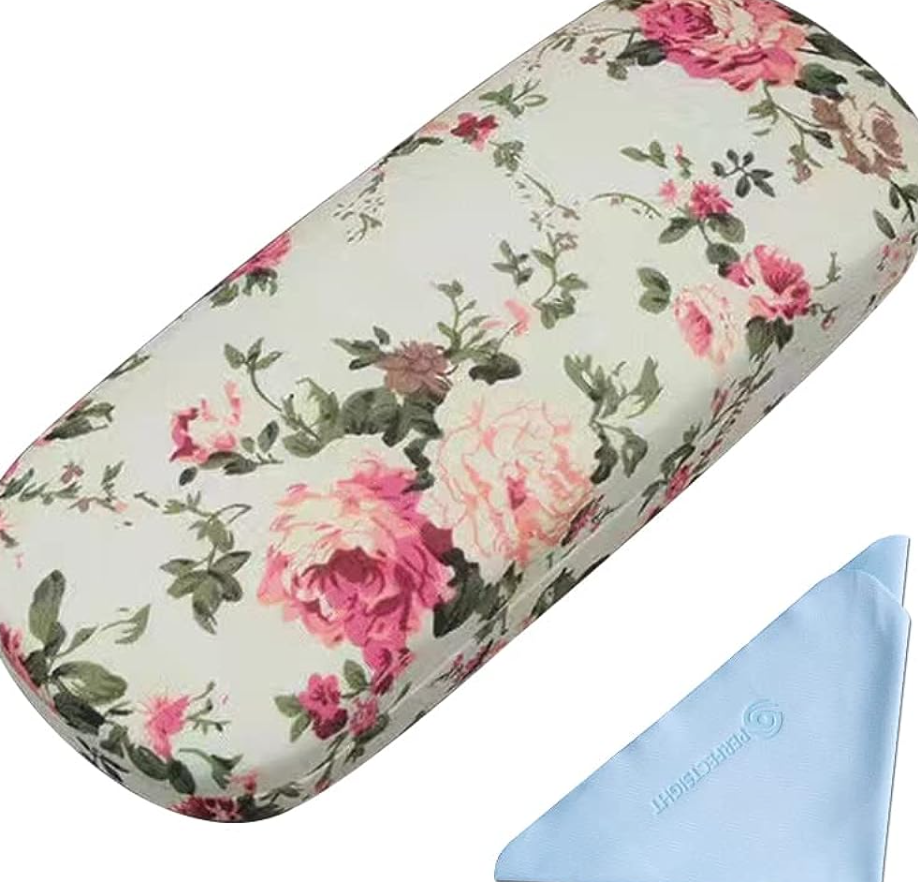
Compromising on Quality
A low-quality case may seem like a bargain initially but can cost you more in the long run.
- Consequences: Poor material or construction can lead to a case that falls apart quickly or fails to protect your glasses.
- Solution: Look for cases with good reviews, or those made from durable materials like hard plastic or genuine leather.
- Best For: This is particularly important for people with prescription glasses that can be costly to replace or repair.
Remember, quality often correlates with durability and protection.
Ignoring Functionality
Choosing a case solely based on its appearance while ignoring its functionality can lead to practical issues.
- Consequences: A beautiful but poorly designed case might not be user-friendly or provide the level of protection your glasses require.
- Solution: Consider your lifestyle and daily needs. Features like belt loops, or space for a cleaning cloth, can add practical value.
- Best For: If you’re an active person, look for cases designed for rugged use.
A case can be both stylish and functional, so don’t sacrifice one for the other.

